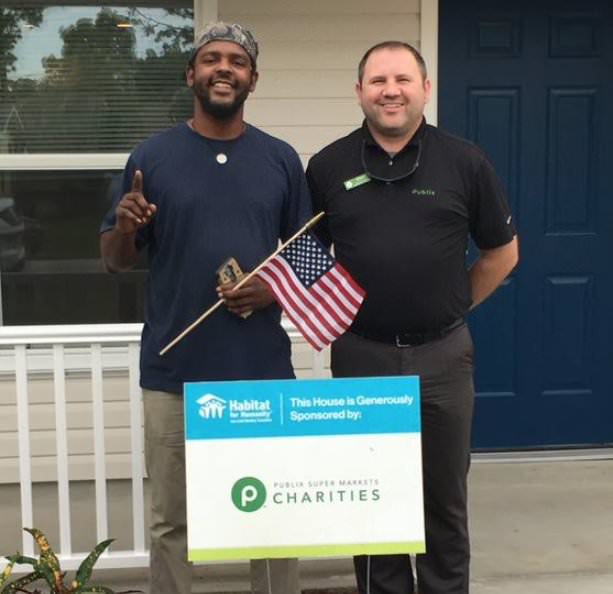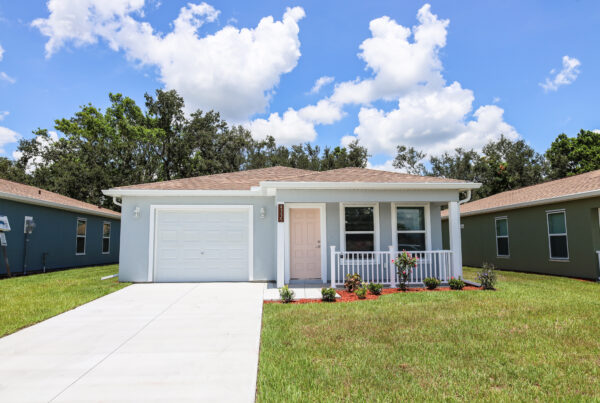
There are many reasons to support the development of affordable housing. It’s common to hear advocates reference the improved health and academic outcomes children experience or the sense of stability that affordable homeownership provides families. These benefits are critically important to the health and wellbeing of our communities. However, they are not the only benefits derived from increased access to affordable homes. Often overlooked is the significant economic growth occurring in communities prioritizing affordable homeownership for low to moderate-income families. The growth takes shape in four different, yet interconnected ways: job creation, increased tax revenue, wealth building, and a reduction of expensive alternatives.
Job Creation: The association between job creation and affordable housing comes to fruition in several ways. Initially, jobs are created when governments, developers, and nonprofits hire contractors and subcontractors for the construction process of new affordable housing. After construction, job creation continues due to increased spending by new homeowners or tenants whose housing costs have been significantly reduced. The reduced costs allow them to fix the car, purchase quality food, or have a family night out. In the process, all of that money funnels right back to the local economy benefiting businesses and creating jobs. According to research from the Sadowski Coalition, Florida’s statewide affordable housing programs create 30,000 jobs a year when fully funded, including 1,000 in Lee County.
Tax Revenue: Investments in affordable homeownership opportunities improve the fiscal and economic conditions for localities by creating a more robust tax base. This materializes in two key revenue streams, sales tax, and property tax. When low to moderate-income families have more money in their pockets, they spend it on necessities they’ve often had to forgo—generating additional sales tax revenue. This is a vital source of income for the state of Florida. In the fiscal year 2018-19, 77 percent of statewide discretionary spending was funded through sales tax revenue. The creation of an enhanced property tax base occurs by transitioning renters to homeowners and the concurrent revitalization of blighted communities. In 2018, Habitat for Humanity homeowners in Florida paid more than $11 million in property taxes. Also, worth noting is that job creation tied to affordable housing expands the number of individuals paying federal income and payroll taxes.
Wealth Building: For low to moderate income individuals, nearly all personal wealth is held in their home. But for too many families, saving the funds necessary for a down-payment, or having access to non-predatory credit, serve as serious barriers to purchasing a home. These families are often stuck in a cycle of paying high rent while building no measurable wealth. This is especially true in Southwest Florida, where the cost of renting has risen faster than almost anywhere in the nation. Having quality, affordable homeownership opportunities in our community allows families to break the cycle of renting, build equity and financial independence, and grow assets that can be passed on to children.
Reduction of Expensive Alternatives: Developing affordable housing is not only an investment that promotes economic growth—but also a cost savings measure that prevents or lessens the need for more expensive alternatives. For many families, the reduction of housing costs eases the need for public assistance programs while allowing for personal growth. Safe, secure, and attainable housing has also been linked to less emergency room visits, lower incarceration rates, and a decline in foreclosures—all of which are significant cost savings for taxpayers and governments.
The affordable housing shortage in Southwest Florida is a sizable and recurring problem. But it presents an even larger opportunity for our community to grow in multiple ways. By pursuing innovative solutions that include private, public, and nonprofit organizations, we can stabilize families while creating jobs and energizing local economies.








